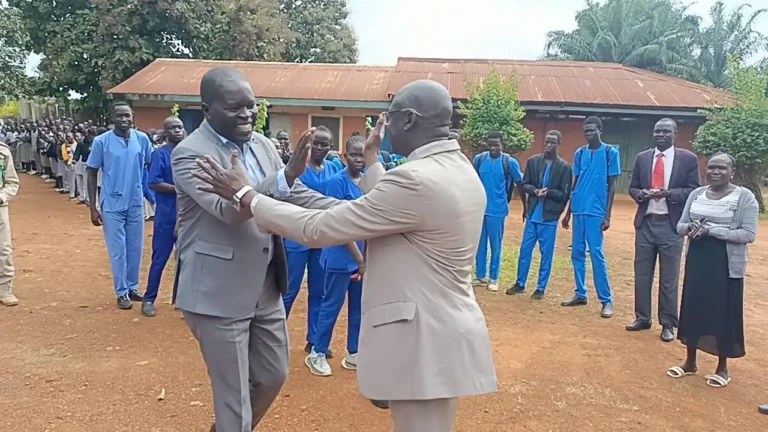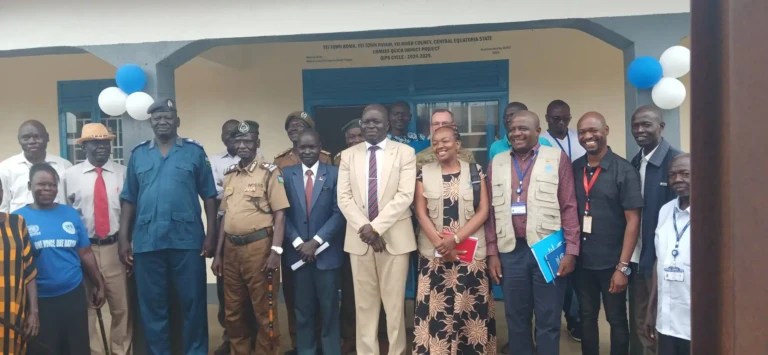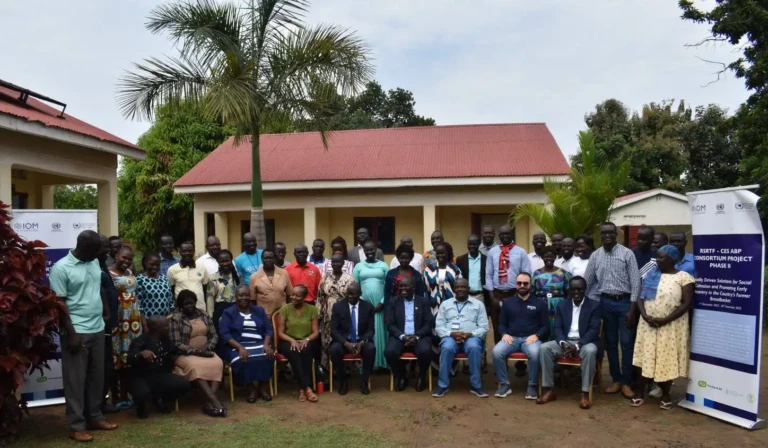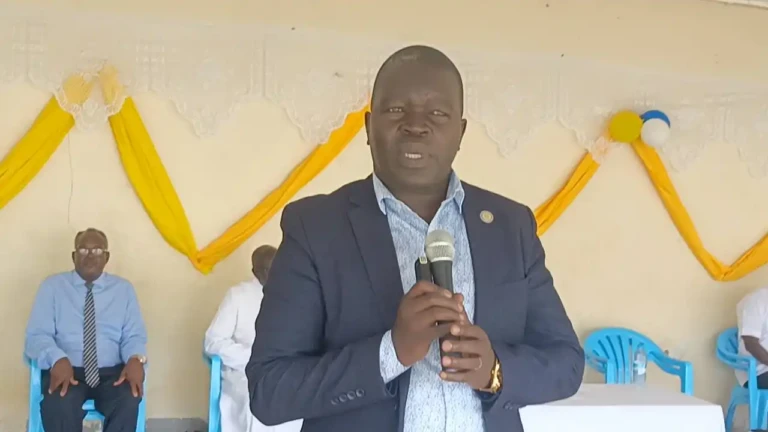
(JUBA) – As South Sudan continues to face challenges ranging from food insecurity to intercommunal violence, cooperatives are emerging as a quiet force for both economic recovery and peacebuilding.
Across the country, local cooperatives are helping farmers and small producers improve their livelihoods while fostering unity in fragile communities.
According to Louis Bagare, project manager for cooperatives at the Food and Agriculture Organization (FAO) in South Sudan, cooperatives are more than just business ventures. They are lifelines.
“Cooperatives are a system that enables the South Sudanese to improve their livelihoods, but at the same time also contributes to the economy. This is the only way for South Sudan to move out of poverty,” he said ahead of the International Day of Cooperatives, celebrated each year on 5 July.
South Sudan gained independence in 2011 but was soon plunged into a civil war that lasted until a peace deal was signed in 2018. However, peace remains fragile.
Looting, armed youth violence and clashes over resources continue to destabilise many communities. In this context, cooperatives are seen as a tool that can address the root causes of unrest.
“Cooperatives are one of the avenues that can bring peace and stability to South Sudan,” Bagare said.
The idea is simple: when people work together for shared benefit, they are less likely to engage in violence. This has been particularly important for youth who, in many cases, have resorted to violence due to a lack of opportunity and extreme poverty.
Deng William Achiek, Director for Rural Producers at the Ministry of Agriculture and Food Security, also praised cooperatives for their positive impact.
“Cooperatives really changed the mindset of our people and brought stability to the country,” he said.
Cooperatives are built on voluntary membership and democratic governance. Members share profits, risks and responsibilities.
“A cooperative is a democratic, social association of people who, as individuals, cannot improve their status of living and social status… But once they come together in a cooperative, then they can raise the standard of their living,” said Oneil Yosia Damia, Director General for Cooperative Development.
Women’s cooperatives trained by the FAO are producing seeds, bread, soap and textiles. These small scale economic activities are creating sustainable sources of income in places where individual livelihoods are difficult to maintain. The FAO and other agencies have provided training and initial support, but the ultimate goal is self reliance.
“Banks are more willing to support a group than an individual,” said Bagare. “And organisations like FAO are also more likely to offer assistance to organised cooperatives. But the focus is on building their capacity so that they can be able to create lives.”
This cooperative model is not new to South Sudan. Before the civil war, the country saw what one government official refered to as the “golden era” of cooperatives. Mr. Daima, from the Ministry of Agriculture, expressed his desire to return to that level of activity and impact.
“I want our cooperatives to be as busy as bees. This is the spirit of oneness, of unity,” he said.
There is also hope that this cooperative spirit could extend beyond agriculture.
“If we are able to work together, we can become better people tomorrow. But the moment that we continue to only fight with each other, we will continue to destroy ourselves,” Bagare warned.
Cooperatives are not a quick fix to South Sudan’s complex problems, but they are proving to be a practical and inclusive approach to rebuilding communities. Their potential to both improve lives and build peace is increasingly recognised by government officials, aid agencies and citizens alike.
Types of Cooperatives in South Sudan
| Type of Cooperative | Products or Services Offered | Supporting Organisation |
|---|---|---|
| Agricultural | Crop farming, seed production | FAO, Ministry of Agriculture |
| Women led Production | Soap, bread, textiles | FAO, Local NGOs |
| Rural Producer Cooperatives | Grain, vegetables, market access | FAO, World Food Programme |
| Youth Cooperatives | Livestock rearing, small businesses | FAO, UNDP |
Discover more from Access Radio Yei News
Subscribe to get the latest posts sent to your email.





